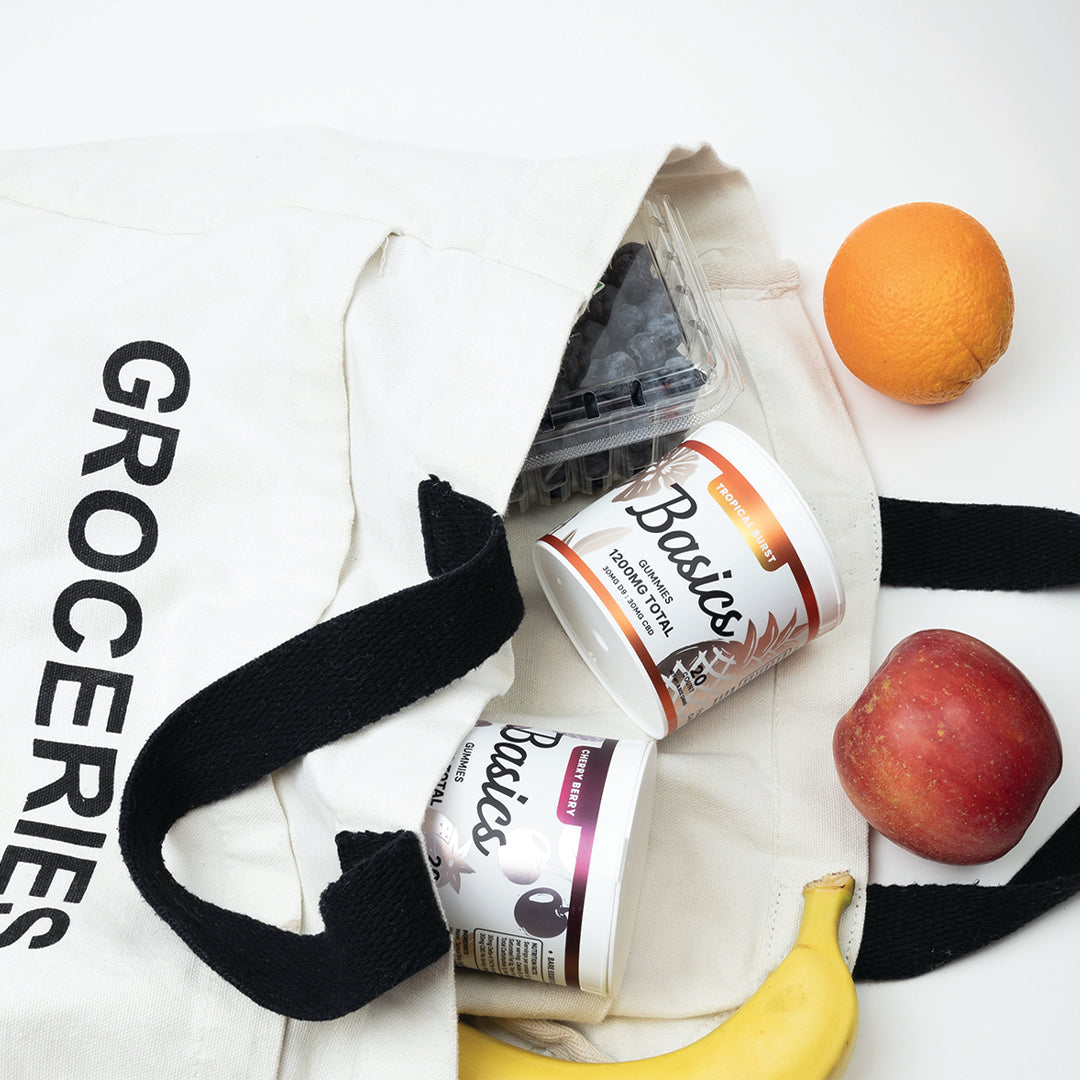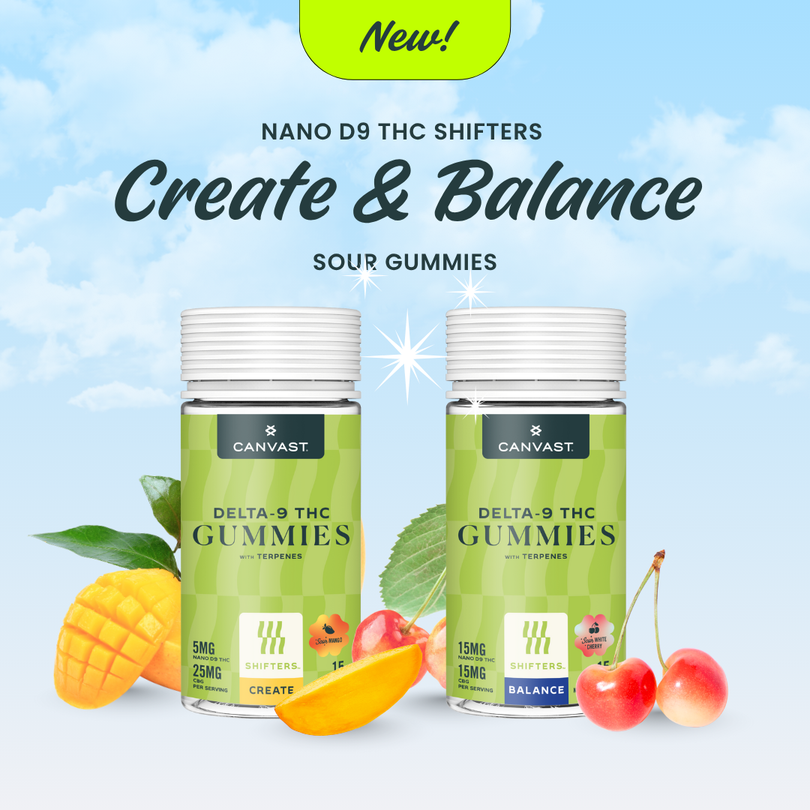Have you grown these varieties in Tennessee before?
The varieties we offer for feminized seeds, clones and seedlings have been grown in Tennessee before and have done well.
Do you have a COA?
Yes, all our COA's are available upon request, and we can confirm the accuracy of those COA's with the labs directly.
Total THC or Delta-9 THC?
Tennessee has protection with state law that defines hemp as 0.3% Delta-9 THC.
How many plants per acre?
Depending on the variety, shorter short-season varieties can be planted 4-5ft apart in the rows, which can typically equate to 1200-2000 plants per acre. For longer season varieties 600-1200 plants per acres is adequate.
How many dried pounds per acre should I expect to produce?
1000 pounds can be very average, while 2000-3500 dried pounds per acre is above average
When should I plant this variety?
Hemp can be planted in Tennessee as early as April 15th (our last frost date) by seed, but typically transplanted by May 20th, and consecutively, June 20th, July 20th until August 20th.
How many plantings a season?
Auto-flowers are 8-week flowering varieties that are determinate maturity dates but can be planted almost every 2-4 weeks until August 20th. Regular full-term varieties can be planted 2-4 times during the regular season.
What's the spacing between plants?
3'-7' apart shorter spacing for shorter-term varieties, 6'-7' for longer season varieties
When should I test my soil?
We suggest in the Spring or Fall. It is always best to do this first before you leap fully into your growing season. This helps prep your soil for the best possible outcome for your hemp crop.
Tennessee Extension Agency and the Farmer CoOp's provide adequate testing for soils.
When should I work on my soil?
Fall, or early spring when the soil is dry, without creating wet clods.
Are the plants Certified Organic?
We do offer Certified Organic plants, but also provide plants using Organic Practices from our plant providers.
When do I harvest my crop?
Late June until about July 15th will begin to trigger outdoor production plants into their flower cycle, which about the time you can begin to determine when your plants will be harvested. 45 days-60 days-90 days from July 15th is when specific short term and long term varieties will mature in flowering.
Typically you want to be testing your crop between the first weeks of August until the third week of September. Remember TDA asks to get your fields tested 30 days before harvest, new USDA rules will be 15 days before harvest.
What can I spray on my plants to keep pests and disease off?
Insecticides and Pesticides can only be used on crops that they are approved for on their labels. if the crop is not mentioned in the safety labels of the product, then the product can not be used on that crop.
There are exceptions for products under the Title 21 CFR which allows for "natural" essential oil-based products that are unregulated by FDA and USDA in food crop production.
What is IPM?
Integrated Pest Management is a program determined by the type of plants, type of pests, type of environmental conditions, and type of products used for pest controls in crop production.
Where do I get my flower tested?
ISO 9001 labs that have experience with hemp testing are typically the best labs to start with.
Do I need a buyer before I grow?
ideally
How many plants should I grow?
less than you think, not more than the facility needed to maintain post harvest quality control mechanisms
How do I identify pests?
Educated yourself! It’s an exciting skill to learn - just like being able to identify plants in the wild.
Read a book, use the internet, go into your field, and buy a hand loop for magnification above 60x
What pests should I be looking for?
The ones you can't see with your naked eye.
What information should be included in purchasing seeds and clones?
COA with a profile of cannabinoid ratios, seed registration or proof of viability and stability from the breeder, or state certifying agency.


